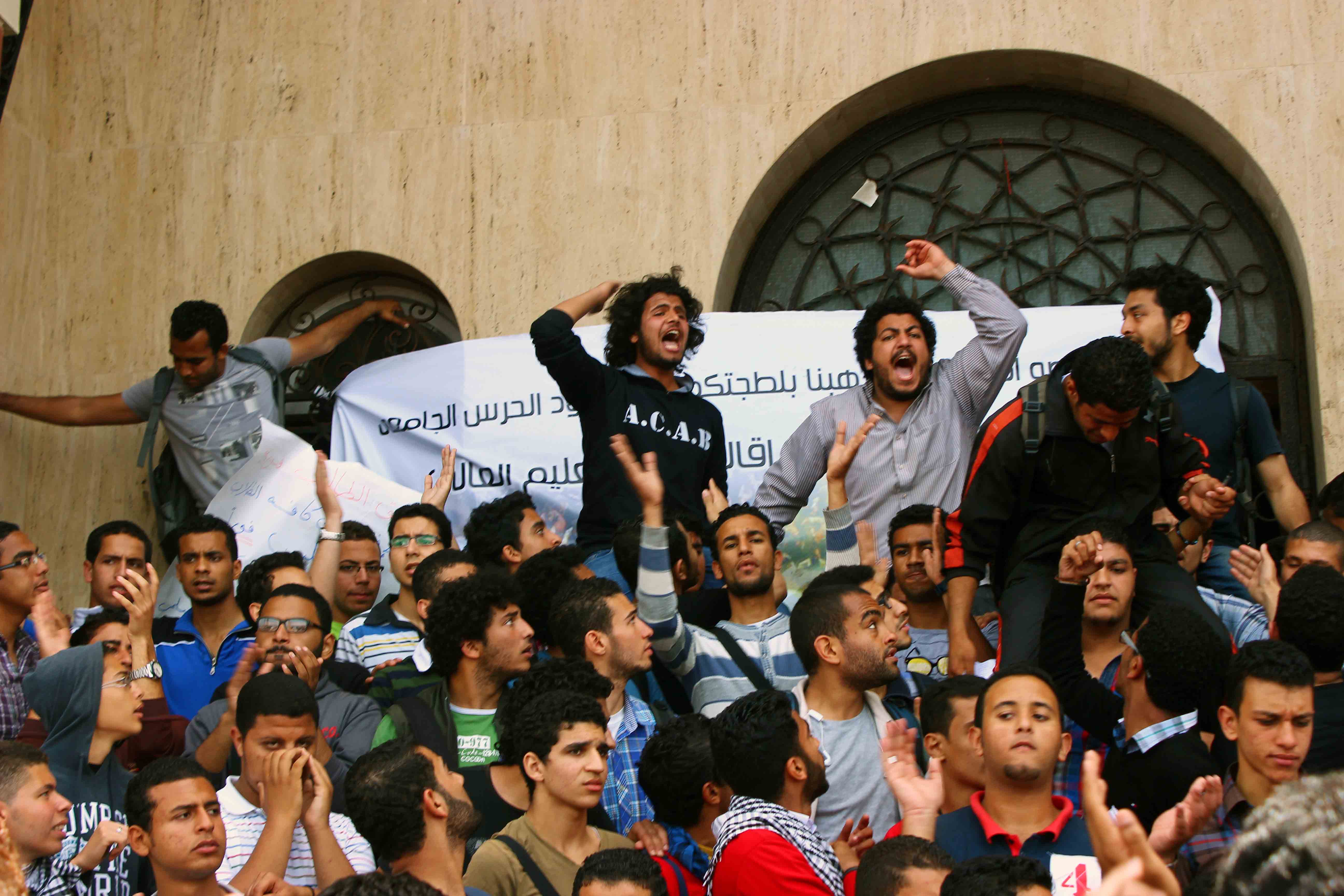This year’s theme is ‘Learning from the Future.’ I think that one of the most important lessons I have learned is that tomorrow will not be ours to shape unless we start building tomorrow, today, said King Abdullah Ibn Al Hussein of Jordan in his opening address at the World Economic Forum on the Middle East Sunday.
“Together, we have a chance to make life better for millions of people: Through co-existence and community; through social and political development, through real economic opportunities, he added. “And every advance we create now will be multiplied exponentially when peace comes.
Turning an eye on the region’s political stability – shaken by conflicts in Palestine, Iraq and Lebanon – Abdullah pointed out that the region should no longer accept such a disadvantage that eclipsed its growth and prosperity.
“We need to ask ourselves, how much further ahead would we be today if these last eight years had been years of peace and stability? If a sovereign Palestine had been building and thriving? If extremists and external forces had not had this issue to manipulate? If global investors and customers had been able to approach our region with even greater business confidence? If the Middle East were already the united economic powerhouse it can and should be – a regional community, speeding growth, ending poverty, creating jobs, and securing the future for which our people are preparing so hard?
These are some of the hurdles he raised that cast a “shadow of catastrophe over the region’s future. After 60 years of conflict, he continued, both Palestinian and Israeli leaders promise they will never abandon their nation’s rights to peace and stability. “Let them also tell their people what will achieve those rights: a negotiated settlement, with all its hard choices.
Nothing else will do. Not armed unilateral action and not barriers. Force and isolation bring false peace, and false peace is false security.
“For Palestinians, such agreement promises true independence . fruitful economic life, and sustainable national development. For Israelis, it brings true security, an end to conflict, and relationships of respect and cooperation across the region, Abdullah explained.
“Celebrations of independence are hollow while lasting peace is still denied because of unhealed wrongs. The real day of celebration will be here, only when Palestinians and Israelis can both say: I am free, I am safe.
The recent escalation of violence in Lebanon is another dark cloud looming over the region’s future, bearing threats of sectarian strife and reviving fears of another civil war, Abdullah said. “The Lebanese people are now made to pay the price of external powers’ interference. It is crucial that they make their own decisions and resolve their differences independent of external influences.
To overcome these obstacles, he said, the region can no longer afford to linger in pushing its vision for stability and peace forward. “It is vital that the year 2008 does not end as the year 2000 did: with progress cut off, the sphere of agreement collapsing, and years of expanding violence to come.
. Let us not stand here in eight years or even one year thinking ‘if only.’ We can begin a different future right now.
King Abdullah called on the political and business leaders to focus on the region’s assets for growth in moving forward, to invest in innovation and the region’s young talents to create the future their people hope for.
“The Middle East is an exceptional position to move forward. Rising global energy demand has brought abundant financial liquidity. These resources build on our region’s other positive assets: a marketplace of 250 million consumers, a deep tradition of enterprise and learning, and a young population with high aspirations and global awareness.
The Jordanian monarch also outlined issues of importance in shaping the region’s economic future and prosperity. He urged leaders to work together to raise the region’s per capita incomes, alleviate poverty, empower younger generations, and build a platform for the region’s business competitiveness worldwide.
Governments, he pointed out, can accomplish more success in removing constraints to growth, invest in a competitive workforce, and encourage new enterprise.
“It is also vital to invest in innovation. The Middle East has long experience with issues that other regions are only beginning to worry about: from water scarcity to sustainable energy. Our companies should be at the top of these emerging industries as the leading source of creative solutions, he said.
A firm believer in the vital role private-sector engagement has to play in pushing the region forward and fuelling its prosperity, he focused on development of public-private partnerships, particularly in education, health, and infrastructure. “In such efforts, there is no substitute for private-sector engagement. . The more effectively we work together, the faster we can change lives, build stability, and create the future our people deserve. It is a moral responsibility, a human responsibility, and a business responsibility as well.
“Above all, let us invest in our young people, work with them, listen to them, tap their energy, and respect their hopes.

